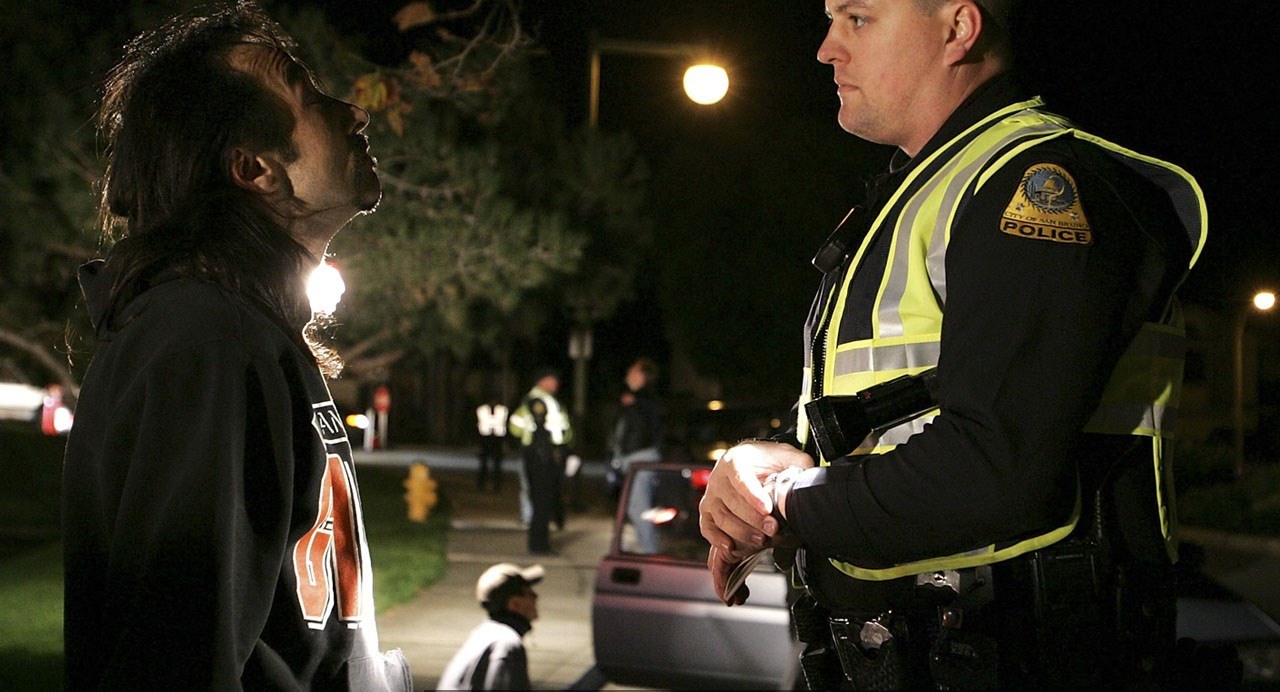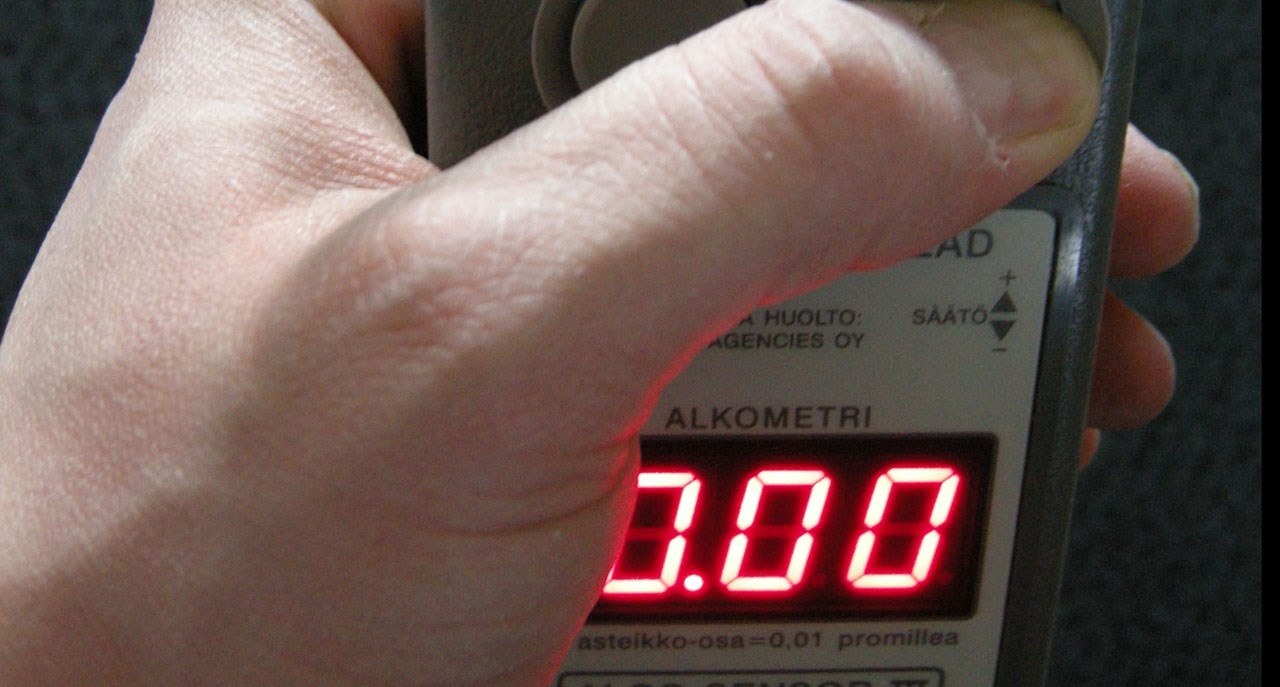BEAVERTON, Ore. (KOIN) — Officer Nick Coplin knows the streets of Beaverton well; he’s been catching impaired drivers in the city for over 11 years.
Now, Coplin says, he’s working hard to enforce the suburb’s strict DUII laws. He looks out for “any type of driving that doesn’t look normal” as he patrols the streets.

“In 2015 we saw a 17% increase in DUII arrests within the City of Beaverton,” Coplin said. “About 1 in 5 people are refusing to take a breath test.”
It was those statistics that got him thinking about making Beaverton a “No Refusal” city, taking note of what had been done years ago in Eugene and Springfield.
Coplin accomplished his goal in November. Now, if a DUII suspect refuses a breath test — which already carries consequences of its own — a blood test is administered.
Under Beaverton’s new contract with Metro West Ambulance, if a DUII suspect refuses a breathalyzer, an EMT is called in to give a blood test. That happens after a judge approves a warrant, usually over the phone.
For now, the cost is completely covered by a grant.
“We’re managing to do this basically free for the taxpayers,” Coplin said.
He explained that by going through this process, he and other officers hope to resolve DUII cases without having to go to court.
“For an officer to go in and testify for 8 hours in court, that’s 8 hours of overtime paid to the officer,” Coplin said.

And Judge John T. Mercer, who issues most of the warrants in cases like these, is optimistic it will do just that. He says the city is ready for the effects a “No Refusal” policy will have on the court and its resources.
“We’re ready for that,” Judge Mercer said. “The effect is, we have to be ready to process the case on all levels.”
In Judge Mercer’s 19 years on the bench, he says very few cases have gone to court “when there [was] a breath test result or a blood alcohol result.”
Coplin says establishing Beaverton as a “No Refusal” city will not only alleviate some of that judicial process, but help make the city’s streets safer in the process.
“One of our goals with this is to show that Beaverton is very serious about enforcing DUII laws,” Coplin said.
The city has done less than 20 blood draws since the “No Refusal” policy went into effect. It will take approximately 1 year to determine if the new system is working.